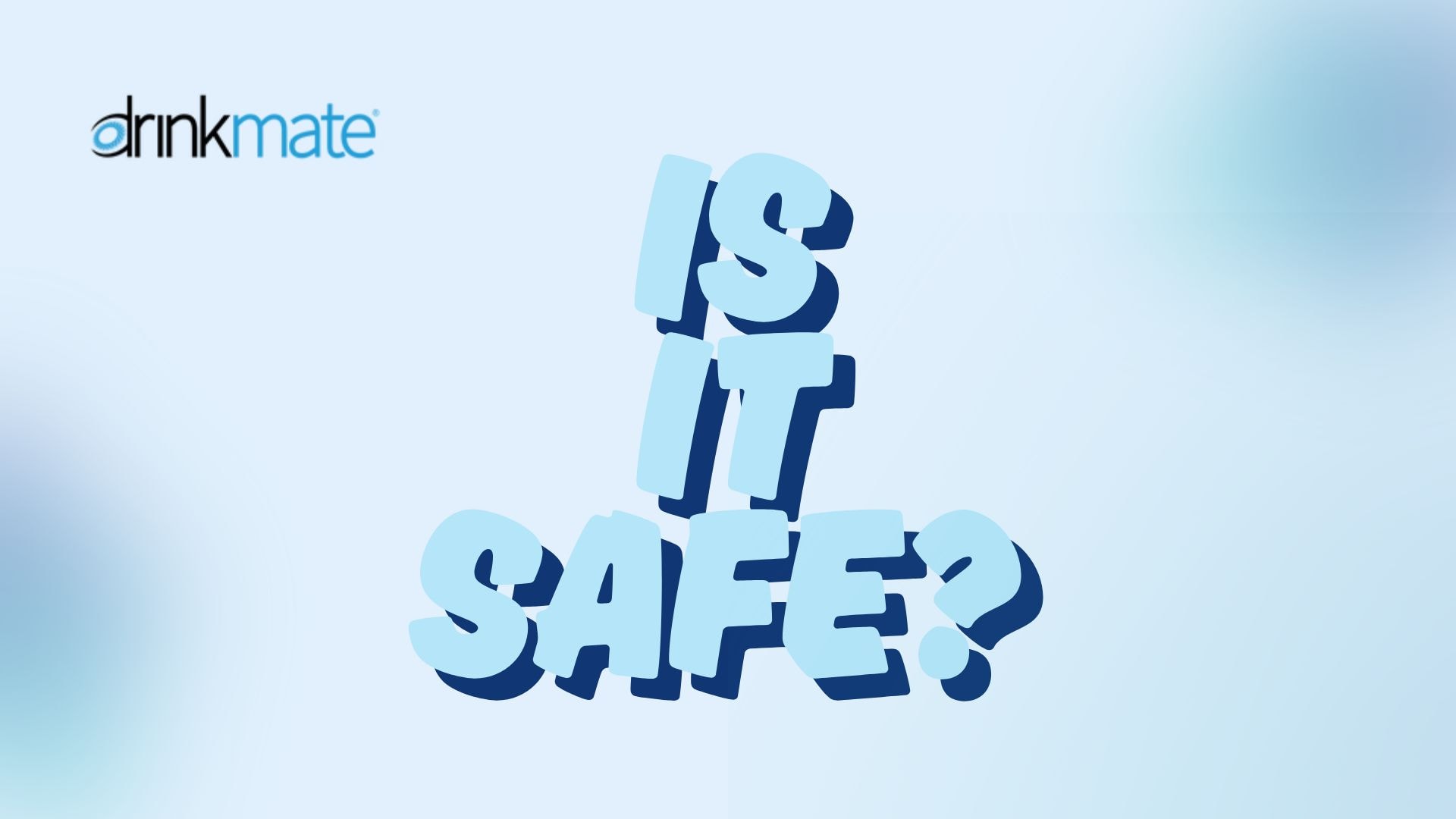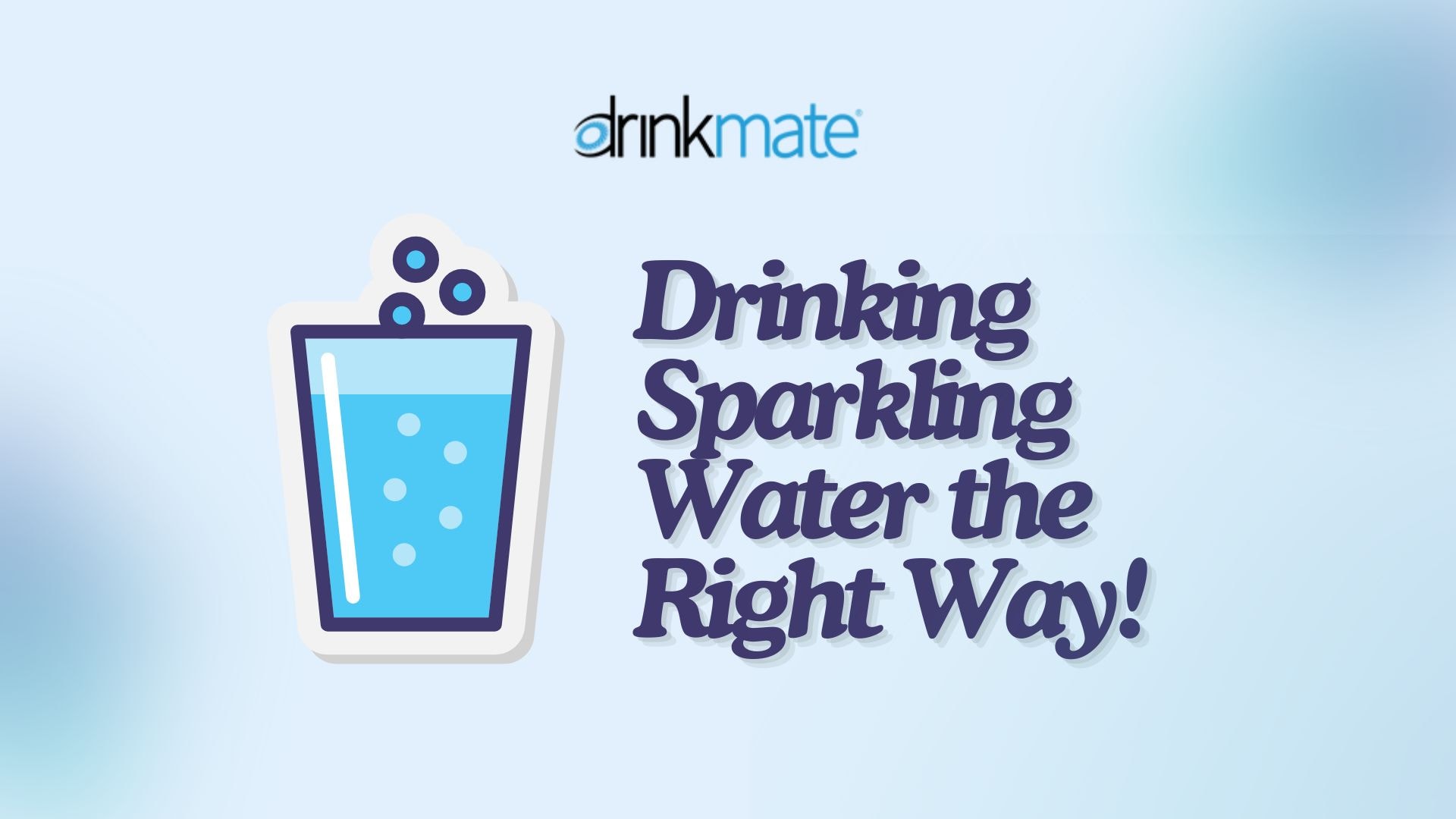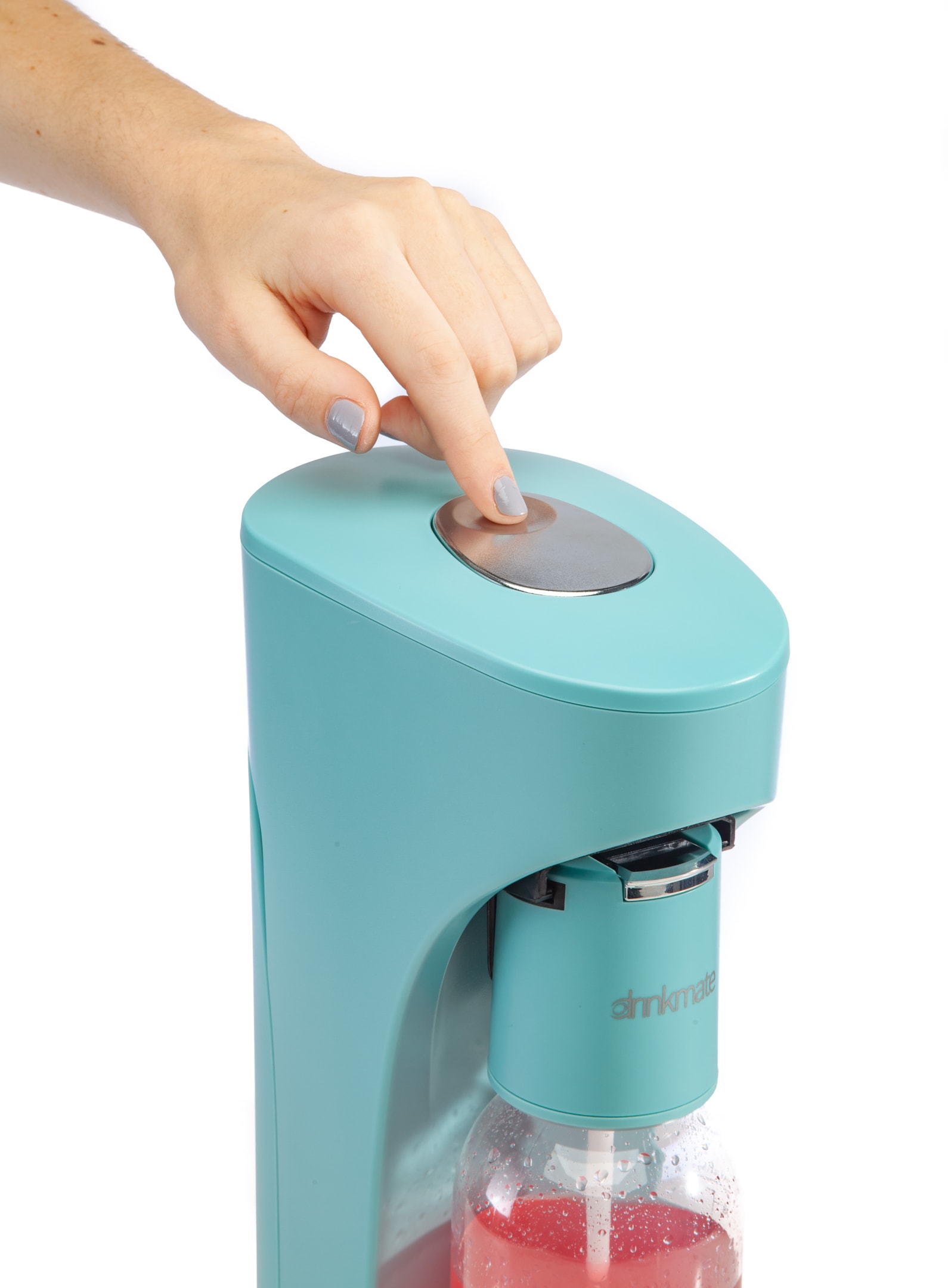Is it okay to drink sparkling water everyday? Find out the health benefits and risks of making this bubbly drink a daily habit.
Daily Sparkling Water Intake: Is It Safe?

Many have adopted the daily habit of drinking sparkling water, but is it safe? Sparkling water is often lauded as a healthier alternative to soda because it’s low in calories. This makes it an attractive option for those looking to reduce their intake of sugary drinks and maintain a healthier lifestyle.
One concern about sparkling water is its mild acidity. The carbon dioxide gas in sparkling water creates a slight acidity, but rest assured, this doesn’t significantly alter your body’s pH balance. The body efficiently regulates acid-base levels. The pH range of bottled or canned sparkling water typically falls between 4.9 to 5.5, which is relatively mild.
Interestingly, sparkling water may also improve swallowing ability and aid digestion. Hydration is essential for cognitive performance, and if you find still water boring, sparkling water can make meeting your daily hydration goals easier.
For the best health benefits, choose unsweetened sparkling water with no artificial additives. In moderation, it can be a refreshing and safe part of your daily routine.
Hydration Benefits of Sparkling Water

Maintaining good health requires proper hydration, and sparkling water can contribute significantly. Sparkling water is just as hydrating as still water, making it a suitable choice for your daily fluid intake. The bubbles in carbonated water add a fun twist that can encourage increased carbonated water intake.
Many find that the bubbles in sparkling water lead to increased daily water consumption. If regular water seems dull, sparkling water might be the refreshing alternative you need to boost your fluid intake. It’s a low-calorie beverage that not only quenches your thirst but also helps meet your hydration needs without the added calories of sugary sodas or fruit juices.
Be mindful of the type of sparkling water you select. Some varieties may contain added salts, which can influence hydration differently compared to plain still water. Choosing plain sparkling water ensures you get the hydration benefits without unintended effects.
Dental Health: Does Sparkling Water Harm Your Teeth?
Despite its benefits, sparkling water poses potential risks for dental health. Excessive consumption of sparkling water can lead to enamel erosion over time, especially if you drink it frequently throughout the day. Citric acid and phosphorous in some sparkling waters can contribute to this erosion.
The pH level of sparkling water generally ranges from 4.18 to 5.87, and levels under 5.5 can pose higher risks for enamel demineralization. Citrus-flavored sparkling waters, with higher acidity levels, pose a greater risk for enamel damage.
Consuming sparkling water with meals can help mitigate these risks. This can help reduce the exposure of your tooth enamel to acids. Limiting intake or drinking it in one sitting rather than sipping throughout the day can also minimize enamel erosion. A balanced diet rich in calcium can help protect tooth enamel.
Digestive Health and Carbonated Beverages
The effects of carbonated beverages on digestion vary. Some people experience bloating and gas due to the carbonation, while others find that sparkling water aids digestion and relieves indigestion.
In some cases, sparkling water can help with constipation by promoting regular bowel movements. However, individuals with GERD (acid reflux) should be cautious, as carbonation can trigger reflux symptoms.
Listen to your body—if sparkling water causes discomfort, it’s best to moderate your intake.
Weight Management and Sparkling Water
For those looking to lose or maintain weight, sparkling water can be a helpful tool. Studies suggest that carbonated water enhances feelings of fullness, reducing overall calorie intake.
By swapping high-calorie sodas and fruit juices for zero-calorie sparkling water, you can significantly cut daily sugar consumption—making weight management easier.
Does Sparkling Water Contain Essential Minerals?
Some types of sparkling water—especially natural mineral waters—contain beneficial minerals such as calcium, magnesium, and potassium. These minerals can support bone and heart health, offering an added nutritional benefit over regular water.
Contrary to some misconceptions, sparkling water does not negatively impact bone health. In fact, some research suggests it may support bone density due to its mineral content.
Added Sugars & Artificial Sweeteners: What to Avoid
Not all sparkling waters are created equal. Many flavored sparkling waters contain added sugars or artificial sweeteners, which can impact health in different ways:
Added sugars contribute to weight gain, blood sugar spikes, and dental decay.
Artificial sweeteners can affect gut microbiome balance and digestion.
Best choice? Plain or naturally flavored sparkling water with no added sugars or artificial ingredients.
How Does Sparkling Water Compare to Other Drinks?
Compared to other beverages, sparkling water is one of the healthiest choices:
✅ Better than soda – No sugar, no calories, no artificial additives.
✅ Healthier than tonic water – Tonic water contains added sugars, while plain sparkling water does not.
✅ Lower acidity than sugary soft drinks – Does not contribute to enamel erosion in the same way sodas do.
Choosing sparkling water over soda, tonic water, or sugary juices promotes better hydration and overall health.
Tips for Drinking Sparkling Water the Right Way

To maximize benefits and minimize risks, follow these best practices:
Practice moderation – Sparkling water should complement regular water intake.
Pair with meals – This helps protect tooth enamel from prolonged acid exposure.
Check the label – Choose unsweetened, unflavored sparkling water to avoid unnecessary additives.

Drinkmate SG: Enjoy Sparkling Water on Your Terms
One of the best ways to enjoy sparkling water without added sugars or artificial sweeteners is by making your own at home. Drinkmate SG lets you carbonate your own beverages, giving you full control over ingredients and flavors.
With a Drinkmate home soda maker, you can:
-
Customize your drinks to avoid excess sugar.
-
Enjoy unlimited sparkling water at home.
-
Reduce plastic waste by eliminating store-bought sodas.
💡 Get Your Drinkmate Soda Maker Today and enjoy fresh, healthy sparkling water whenever you want!
Summary
In summary, drinking sparkling water every day can be both beneficial and enjoyable when done mindfully. It offers hydration benefits similar to regular water and can be a low-calorie alternative to sugary drinks.
However, there are potential risks to consider, such as dental erosion and digestive discomfort. By choosing plain sparkling water without added sugars and consuming it in moderation, you can mitigate these risks.
Ultimately, sparkling water can be a delightful part of a healthy lifestyle. Enjoy it as a refreshing drink that adds a bit of sparkle to your day!
Frequently Asked Questions
Does sparkling water help with weight loss?
Sparkling water can indeed aid in weight loss by promoting feelings of fullness, which helps reduce calorie intake from sugary beverages. Making it a regular part of your hydration routine can be beneficial.
Is sparkling water as hydrating as regular water?
Yes, sparkling water is just as hydrating as regular water, so you can enjoy it without worrying about hydration levels.
Are there any digestive issues associated with sparkling water?
Yes, while some individuals might experience bloating or acid reflux from sparkling water, others may find it aids digestion. It ultimately varies from person to person.
